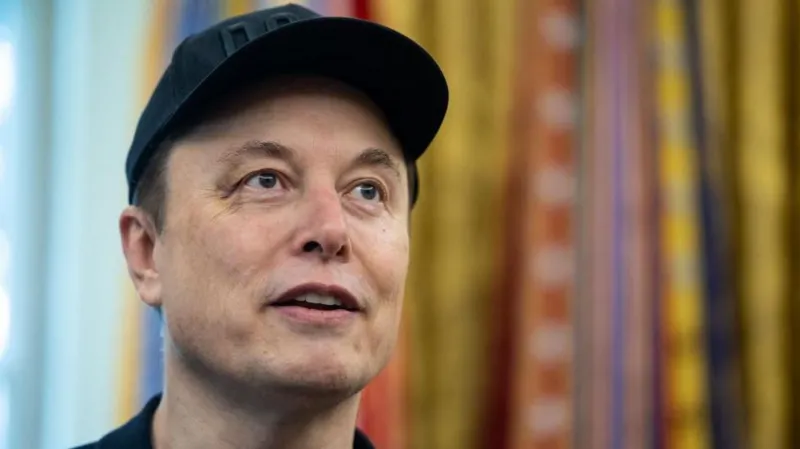
Elon Musk has announced the launch of a new political party just weeks after a highly publicized fallout with U.S. President Donald Trump.
Taking to his social media platform, X, the billionaire unveiled the formation of the America Party, positioning it as a direct challenge to the longstanding dominance of the Republican and Democratic parties.
While the announcement has sparked widespread attention, it remains unclear whether the party has been formally registered with U.S. election authorities. Musk, who was born outside the United States and is therefore constitutionally ineligible to run for president, did not disclose who would lead the party.
The idea of creating a new political movement first surfaced amid Musk’s public rift with Trump, which culminated in his resignation from a role within the administration and a series of bitter exchanges with the former president.
During the fallout with Trump, Musk had posted a poll on X asking users whether the United States needed a new political party.
Referencing the results in his Saturday post, Musk wrote:
“By a factor of 2 to 1, you want a new political party — and you shall have it!”
When it comes to bankrupting our country with waste and graft, we live in a one-party system, not a democracy.Today, the America Party is formed to give you back your freedom.
“As of Saturday, there were no filings with the Federal Election Commission confirming that the party had been officially registered.
While third-party figures have occasionally made headlines in U.S. politics, breaking through the entrenched two-party structure remains a major challenge, with most alternative parties struggling to gain national traction.
In last year’s presidential election, candidates from smaller parties such as the Libertarian Party, the Green Party, and the People’s Party attempted — unsuccessfully — to prevent either Donald Trump or Democratic candidate Kamala Harris from securing victory.
Elon Musk had, until recently, been a prominent supporter of Trump. He was seen dancing alongside the former president at campaign rallies and even brought his four-year-old son to meet Trump in the Oval Office.
Musk also played a significant financial role in Trump’s campaign, reportedly contributing $250 million (£187 million) to support his return to power.
Following the election, Musk was appointed to lead the newly formed Department of Government Efficiency (DOGE) — a body created to identify major cost-cutting opportunities within the federal budget.
The rift between Elon Musk and Donald Trump began in May, when Musk resigned from his position in the administration and openly criticized Trump’s sweeping tax and spending legislation.
The controversial bill—praised by Trump as his “big, beautiful bill”—was narrowly approved by Congress and signed into law this week. It includes substantial tax cuts and massive spending measures, with projections suggesting it will add over $3 trillion to the U.S. deficit over the next decade.
For Musk, a key point of contention was the bill’s lack of emphasis on the green energy transition and its exclusion of subsidies for products like Tesla vehicles. As the CEO of Tesla, Musk viewed the legislation as a setback for climate-focused innovation.
Trump, in response, lashed out at Musk on his platform, Truth Social, writing:“Elon may get more subsidy than any human being in history, by far. Without subsidies, Elon would probably have to close up shop and head back home to South Africa.”
He also threatened to have the Department of Government Efficiency (DOGE) investigate subsidies that benefit Musk’s companies, hinting at broader scrutiny of Musk’s business empire.In addition to Tesla, Musk owns SpaceX, which provides rocket launches for the U.S. government, and Starlink, a satellite communications firm contracted by both U.S. and European defense agencies.





